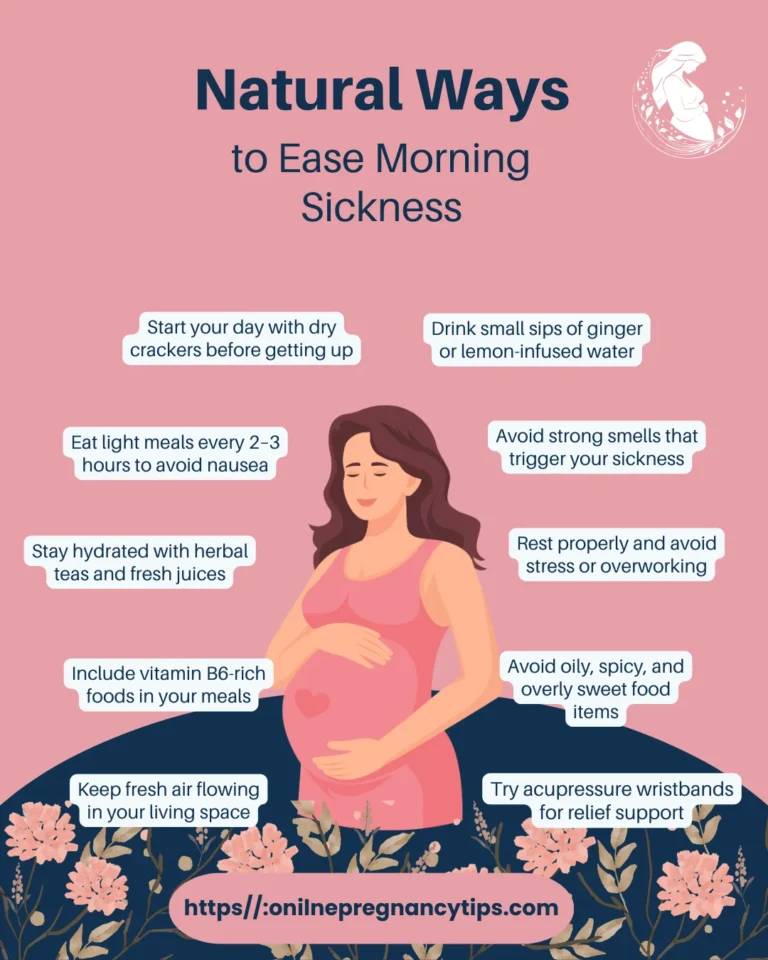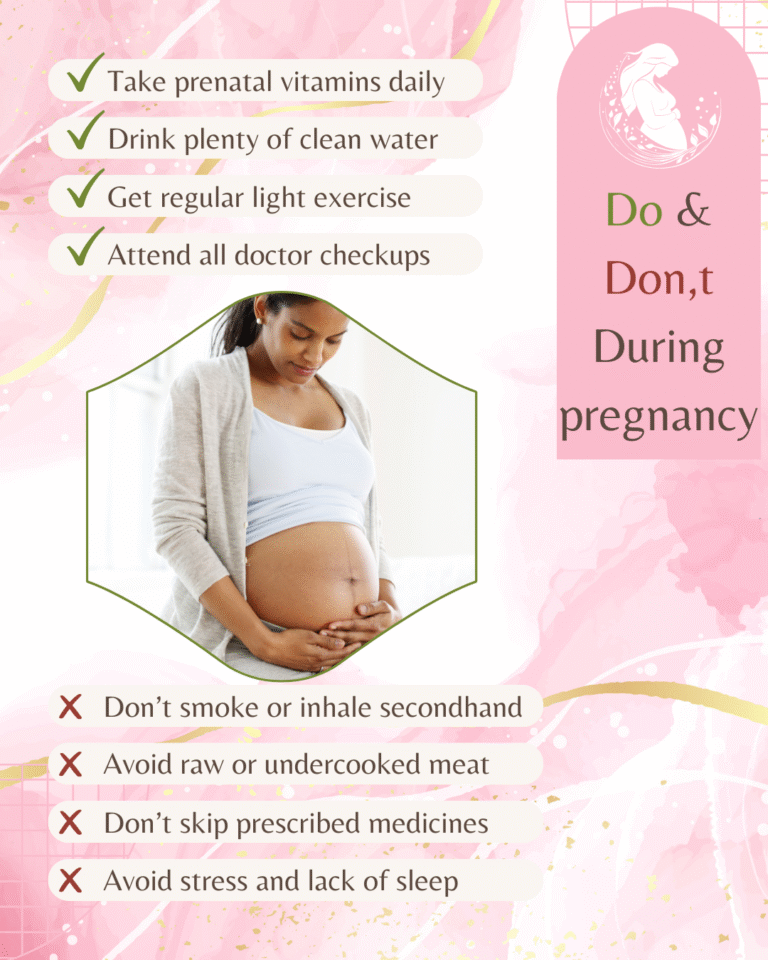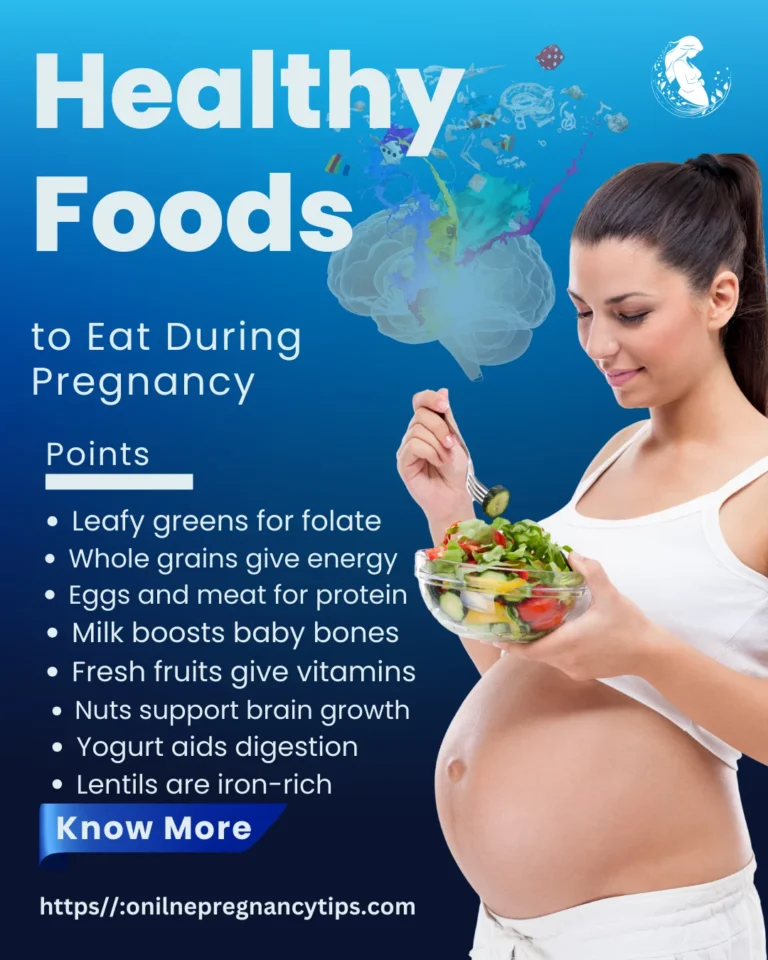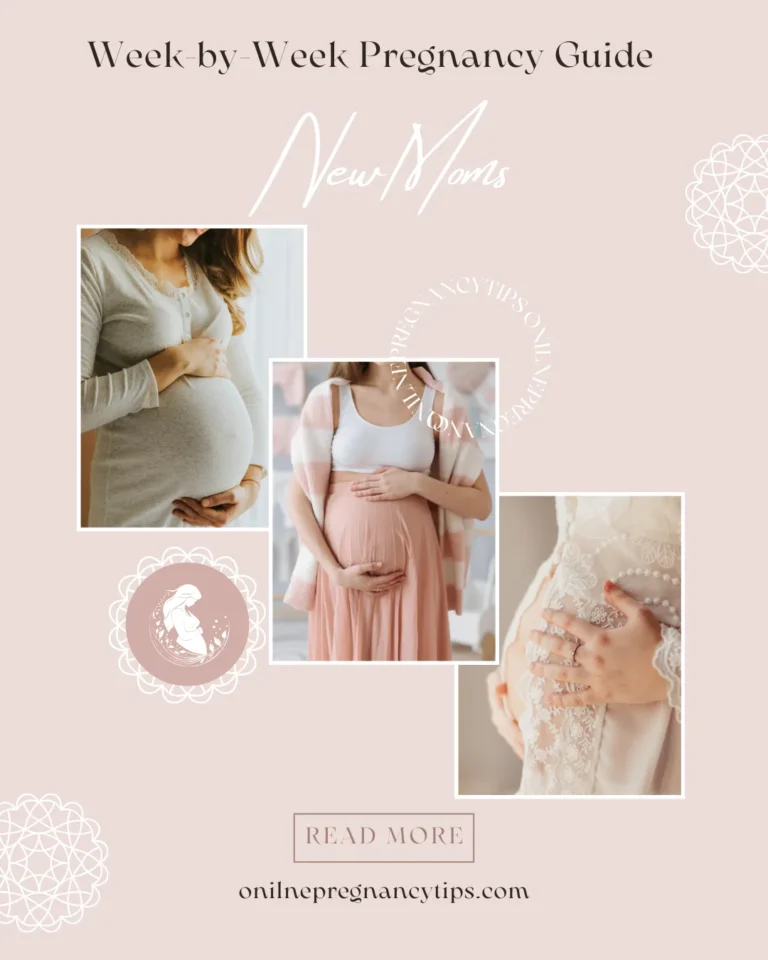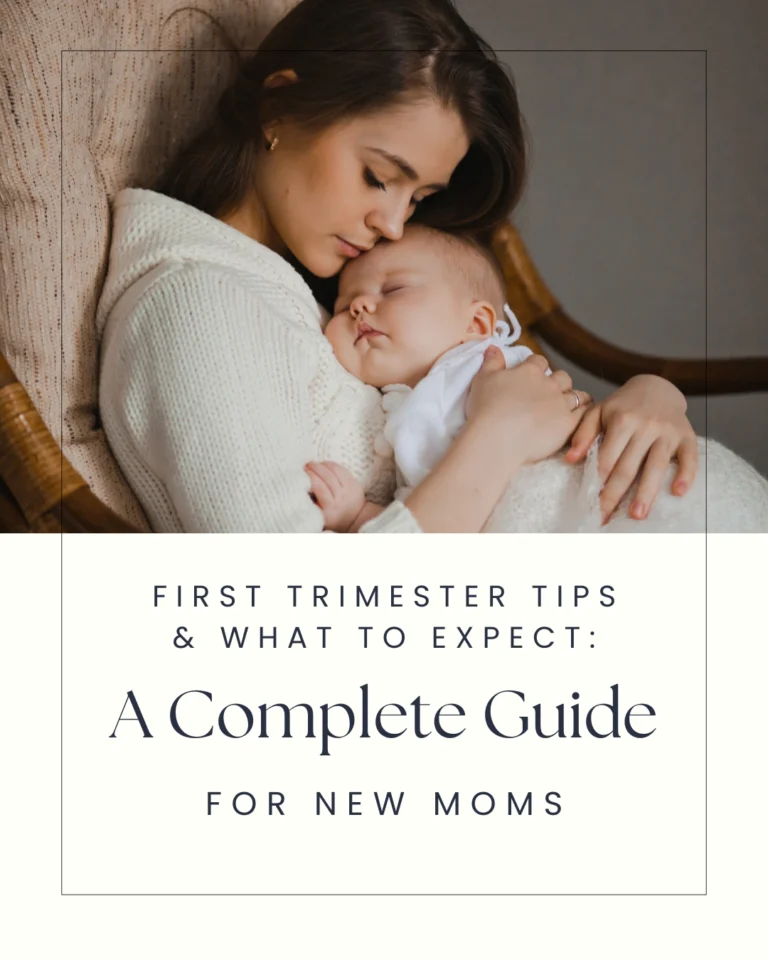

Healthy Foods to Eat During Pregnancy: The Ultimate Nutritional Guide for Expecting Moms
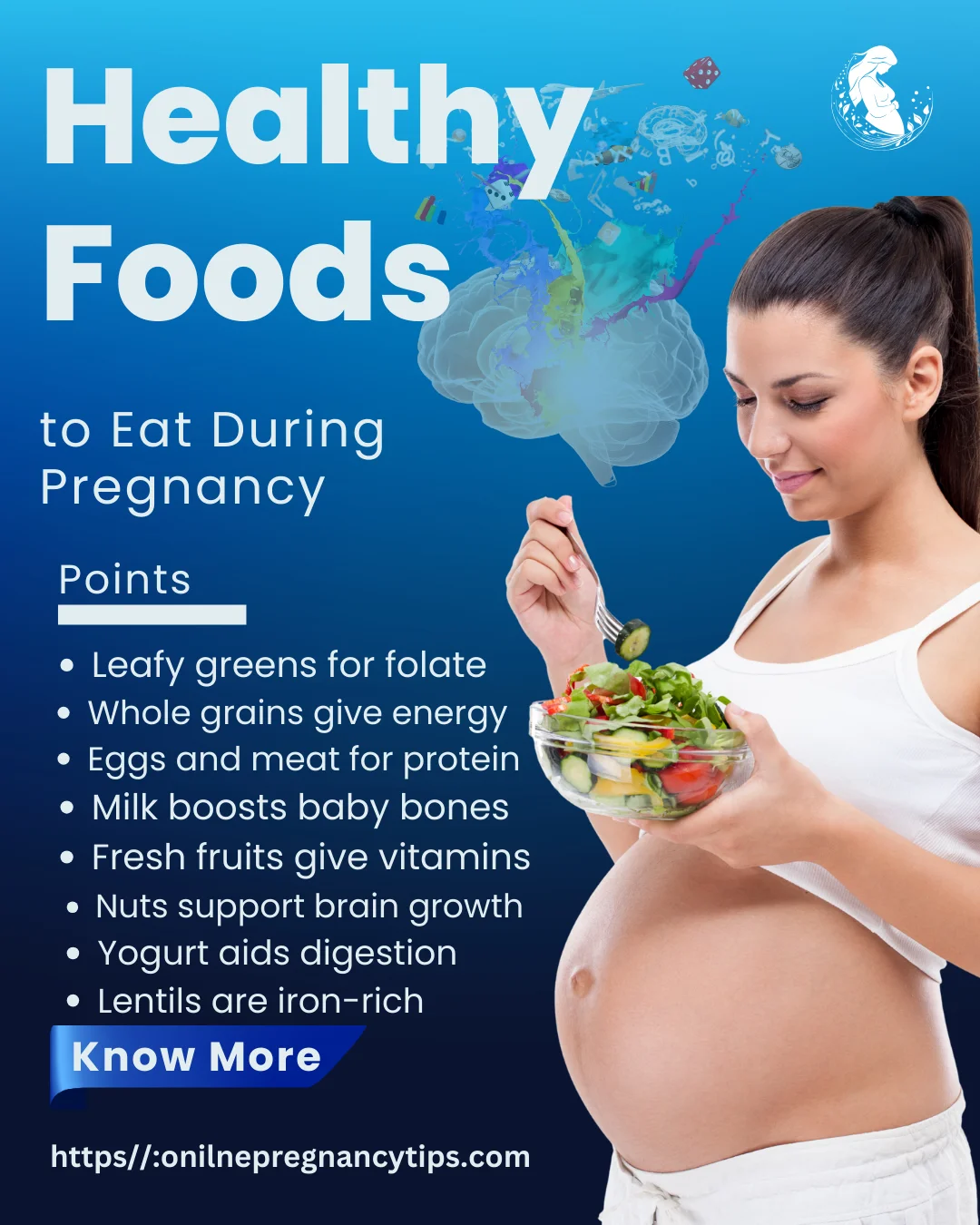
Healthy Foods to Eat During Pregnancy: The Ultimate Nutritional Guide for Expecting Moms
Pregnancy is a time of rapid growth and change — not just for your baby, but for your body, too. One of the most powerful ways to support a healthy pregnancy is through nutrition. The right foods can nourish your baby’s development, reduce pregnancy complications, and help you feel your best.
In this comprehensive guide, you’ll discover the top healthy foods to eat during pregnancy, why they matter, how to eat them safely, and expert-backed meal tips for every trimester.
1. Introduction
Every bite you take during pregnancy is building your baby’s brain, bones, organs, and immunity. But eating well isn’t just about “eating for two” — it’s about eating smart.
This blog is designed especially for new and expecting moms looking for safe, healthy, and science-backed dietary advice.
2. Why Nutrition Matters in Pregnancy
Proper nutrition during pregnancy:
Supports fetal development
Reduces the risk of birth defects
Keeps your energy stable
Prevents complications like gestational diabetes, anemia, and preeclampsia
Eating well doesn’t mean being perfect — it means making informed choices, most of the time.
3. Top Nutrients You Need During Pregnancy
Here are the most essential nutrients pregnant women need:
| Nutrient | Why It’s Important | Daily Recommended Intake |
|---|---|---|
| Folic Acid | Prevents neural tube defects | 400–600 mcg |
| Iron | Supports blood production | 27 mg |
| Calcium | Builds baby’s bones & teeth | 1000 mg |
| DHA (Omega-3) | Brain and eye development | 200–300 mg |
| Protein | Tissue growth & repair | 75–100 g |
| Fiber | Aids digestion & prevents constipation | 28 g |
| Vitamin D | Supports immune system & bone health | 600 IU |
4. Best Healthy Foods for Pregnant Women
1. Leafy Green Vegetables (Spinach, Kale, Broccoli)
Rich in folate, iron, calcium, and fiber. They help prevent constipation, support fetal development, and strengthen bones.
Tip: Add to smoothies, stir-fries, or soups for an easy nutrition boost.
2. Eggs
Loaded with choline, essential for brain development, along with protein, fat, and some vitamin D.
Note: Cook thoroughly to reduce the risk of salmonella.
3. Greek Yogurt
High in calcium and probiotics, which are important for bone growth and digestive health.
Choose: Plain, full-fat, and unsweetened options.
4. Lentils and Beans
A great plant-based source of protein, iron, folate, and fiber. They stabilize blood sugar and help prevent anemia.
Try: Lentil soups, hummus, chickpea salads.
5. Sweet Potatoes
Packed with beta-carotene (which converts to vitamin A), vital for fetal organ development.
Bonus: They’re also rich in fiber and easy on digestion.
6. Salmon
An excellent source of omega-3 DHA, important for your baby’s brain and eyes.
Caution: Limit to 2–3 servings per week to avoid mercury buildup.
7. Avocados
Full of healthy fats, folate, potassium, and fiber. Supports brain development and helps with leg cramps.
Enjoy in: Toast, smoothies, or salads.
8. Nuts and Seeds (Almonds, Chia Seeds, Walnuts)
Provide healthy fats, protein, magnesium, and vitamin E. Ideal as a quick snack.
Tip: A handful of almonds can help ease nausea.
9. Berries (Blueberries, Strawberries, Raspberries)
Loaded with vitamin C, antioxidants, and fiber. Boost your immune system and support skin health.
Add to: Yogurt, oatmeal, or water infusions.
10. Whole Grains (Quinoa, Brown Rice, Oats)
High in B vitamins, fiber, and complex carbs that keep your energy stable.
Try: Overnight oats or quinoa salad bowls.
11. Lean Meats (Chicken, Turkey, Beef)
Excellent source of complete protein and heme iron, which helps prevent fatigue and anemia.
Safety Tip: Cook well to avoid foodborne illness.
5. Foods to Avoid During Pregnancy
| Food | Reason to Avoid |
|---|---|
| Raw fish/sushi | Risk of parasites and mercury |
| Soft cheeses (unpasteurized) | Risk of listeria |
| Deli meats (unless heated) | Listeria concerns |
| High-mercury fish (shark, swordfish) | Affects baby’s brain |
| Excess caffeine (>200mg/day) | Linked to miscarriage, low birth weight |
| Alcohol | Risk of fetal alcohol syndrome |
| Raw eggs (in desserts/mayo) | Risk of salmonella |
6. Superfoods by Trimester
First Trimester (Weeks 1–12)
Folic acid-rich foods: spinach, oranges, lentils
Ginger tea (for nausea)
Whole grains for steady energy
Second Trimester (Weeks 13–26)
Calcium-rich foods: yogurt, cheese, almonds
Iron boosters: beef, tofu, leafy greens
Vitamin C (enhances iron absorption): bell peppers, citrus fruits
Third Trimester (Weeks 27–40)
Protein powerhouses: eggs, legumes, lean meat
Omega-3s: salmon, walnuts, flaxseed
Fiber: pears, oatmeal, prunes to reduce constipation
7. Sample Healthy Pregnancy Meal Plan
Breakfast:
Oatmeal topped with chia seeds, berries, and a dollop of Greek yogurt
Herbal pregnancy-safe tea or milk
Mid-Morning Snack:
A handful of almonds and a banana
Lunch:
Grilled chicken quinoa bowl with leafy greens, avocado, and olive oil
Glass of water with lemon
Afternoon Snack:
Apple slices with peanut butter or hummus with carrot sticks
Dinner:
Baked salmon, steamed broccoli, and sweet potato mash
Small bowl of mixed fruit
Before Bed Snack (Optional):
Warm milk or yogurt with a sprinkle of cinnamon
Pregnancy nutrition doesn’t have to be complicated — but it does need to be intentional. By choosing whole, nutrient-dense foods, you’ll give your baby the strongest start and support your own strength and health.
Listen to your body, eat mindfully, and enjoy the beautiful journey of nourishing a new life inside you.

